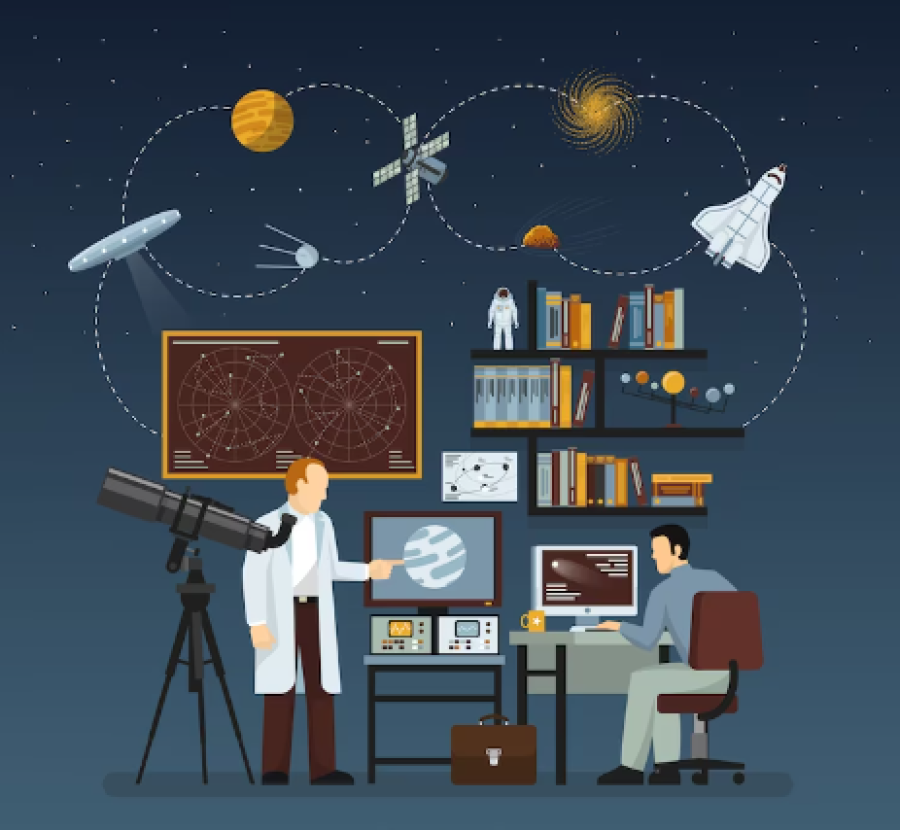Transforming Human Resources: The Evolution of AI in Talent Management and Employee Engagement
In the dynamic world of business, Human Resources (HR) plays a pivotal role in shaping organizational success. With the advent of Artificial Intelligence (AI), HR is undergoing a revolutionary transformation, redefining how companies attract, manage, and retain talent. In this blog, we delve into the profound impact of AI in HR, exploring its influence on talent acquisition, employee management, and streamlining HR processes.
1. Precision Talent Acquisition: AI's Recruitment Revolution
The traditional recruitment process can be time-consuming and often results in mismatches between candidates and roles. AI-powered recruitment tools are changing the game by automating and optimizing the talent acquisition process. These tools analyze candidate profiles, match skills to job requirements, and even predict a candidate's fit within the company culture.
Through AI-driven algorithms, recruiters can sift through vast databases of resumes, shortlisting candidates with the highest potential for success. This not only speeds up the hiring process but also ensures that companies identify the best candidates for the job.
2. Data-Driven Employee Management: Enhancing Engagement and Performance
Maintaining a productive and engaged workforce is a cornerstone of organizational success. AI aids HR professionals by providing insights into employee engagement and performance. Predictive analytics can identify patterns indicating disengagement or the risk of attrition, enabling proactive measures to retain valuable talent.
AI also facilitates personalized employee development. By analyzing performance data and skill sets, AI can recommend tailored training programs that help employees acquire new skills and stay aligned with the company's growth trajectory.
3. Streamlining HR Processes: From Administrative to Strategic Focus
AI's influence extends beyond talent acquisition and employee management, permeating various HR processes. Routine tasks such as payroll processing, leave management, and benefits administration can be automated through AI-driven systems. This empowers HR teams to shift their focus from administrative tasks to strategic initiatives that drive organizational growth.
AI-driven chatbots provide real-time answers to employees' queries about policies, benefits, and procedures, enhancing the overall employee experience and reducing the burden on HR personnel.
4. Ethical Considerations and Future Prospects
As AI increasingly becomes integrated into HR practices, ethical considerations arise. Striking a balance between data-driven decision-making and individual privacy is paramount. Ensuring that AI-driven processes are transparent, unbiased, and respect employee rights is a critical aspect of responsible AI adoption in HR.
Conclusion
The synergy between AI and HR is propelling the function from a transactional role to a strategic driver of organizational excellence. Through precision talent acquisition, data-driven employee management, and streamlined processes, AI is revolutionizing how companies manage their most valuable asset – their people. As organizations continue to embrace AI, HR's impact will only amplify, ushering in a new era of efficient, engaged, and empowered workplaces.





Comments (0)